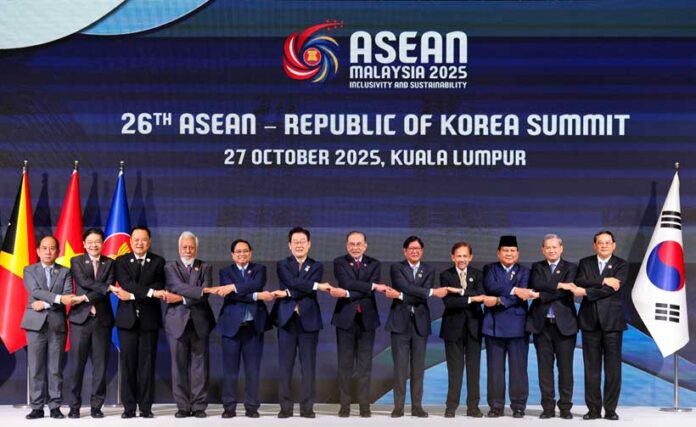The Philippines is gearing up for a pivotal year as it prepares to chair ASEAN in 2025, with Manila setting its sights on completing the long-delayed Code of Conduct (COC) for the South China Sea. Foreign Secretary Theresa Lazaro said momentum is finally building after years of stalled talks, with “a sense among ASEAN and China” that the agreement can be concluded. The code, first pledged in 2002, took 15 years just to begin formal discussions, and negotiations since then have inched forward at a slow and often politically fraught pace.
Why It Matters
A legally binding COC could reshape one of the world’s most contested maritime regions, where fishing rights, energy reserves, and military influence collide. China’s expansive claims, enforced by coast guard and maritime militia vessels, frequently clash with the exclusive economic zones of ASEAN neighbours. For the Philippines backed more assertively by the United States in recent years codifying rules of engagement would not only strengthen regional security but also curb incidents that have repeatedly triggered diplomatic crises.
The potential breakthrough comes as tensions remain high, with Washington accusing Beijing of destabilising the region and Manila recording a surge in confrontations near its waters.
Regional Stakes
ASEAN’s internal dynamics also complicate the picture. While members broadly support completing the COC, they vary in how forcefully they challenge China. Lazaro’s simultaneous role as ASEAN’s special envoy for Myanmar adds another layer of responsibility, as she tries to revive dialogue between warring factions in a country where the 2021 coup plunged the nation into crisis.
Frustration within ASEAN has grown over Myanmar’s failure to implement the bloc’s five-step peace plan. With the junta planning elections in December dismissed by the UN and many analysts as lacking credibility ASEAN members insist that dialogue and de-escalation must come first.
What’s Next
The Philippines aims to leverage its ASEAN chairmanship to push the COC across the finish line, though the hurdles ahead remain significant. A legally binding agreement would require China to accept limits on activities that it has long defended as sovereign rights. Whether Beijing is willing to make such commitments remains uncertain.
Still, Manila believes the region’s appetite for stability and growing pressure from repeated clashes may finally open a window. As the Philippines prepares to lead ASEAN, the coming year could prove decisive for maritime diplomacy and for the bloc’s unity on broader regional conflicts, including Myanmar’s unresolved crisis.
With information from Reuters.


